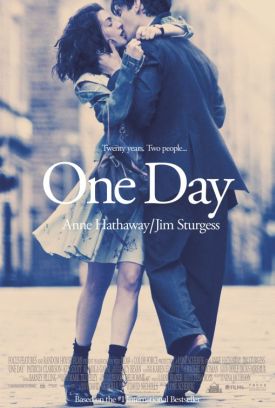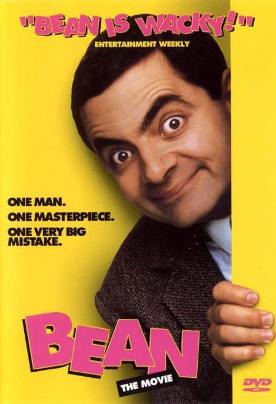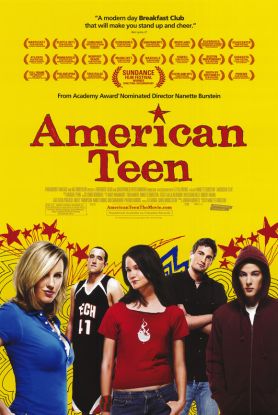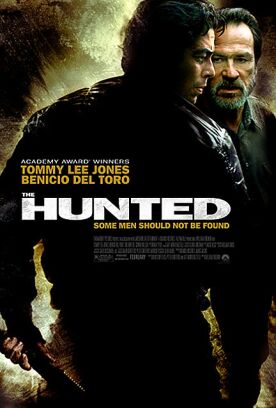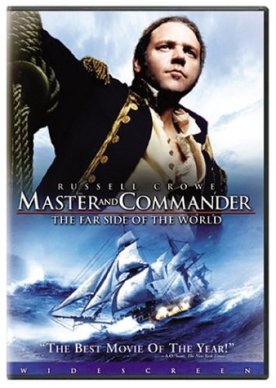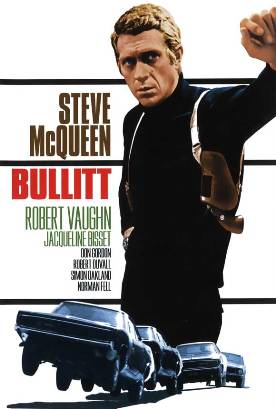Body Shots
Body Shots, directed by Michael Cristofer and written by David McKenna, is really two movies in one, pulling in opposite directions—a fact which, whether it is intended as a kind of post-modern experiment or simply the result of incompetence, is fatal to its success. The first movie is a sort of latter-day comedy of manners, like this week’s Three to Tango, an unfunny version of Cyrano in which Matthew Perry pretends to be gay and the insufferable Neve Campbell pretends to be in love with him—as opposed, that is, to herself, who is obviously the real object of her devotion. The jokes in Body Shots are much better, as are most of the characters and its wry observations of dating customs in contemporary Los Angeles are not without a certain piquancy.
But even this first of the two-movies-in-one suffers from the pretentiousness of its set-up, which is documentary style, with each of the main characters speaking to the camera about what we have just seen them doing and saying to each other and managing to produce, as often as not, such thundering banalities as that “Sex is not getting close to someone, though it offers the illusion of it,” or “There’s something really basic and biological about letting someone into your body.” This pseudo-philosophical turn is complemented by the otherwise incompatible second movie of the two-in-one, which is a solemn problem-drama on the intrinsically rather boring subject of “date-rape.”
Rape, after all, is rape; the “date” part is a mere distraction and therefore a bore. But here it is made even more boring by the fact that we are shown two alternative versions of what happened, the rape victim’s and her alleged rapist’s, with no way to discover which is the true version. Like the jury in the subsequent criminal prosecution, we would have to acquit, I think, but in a fictional treatment there seems no good reason for withholding from us the truth of the matter. Its obscurity here is perhaps meant by the filmmakers to stand for what they regard as the more general obscurity surrounding the larger purposes of sex itself. But you may find, as I did, that this obscurity is a needless and tedious mystification of a naturally quite simple subject, like “date-rape” itself.
For these are people—both those in front of and those behind the camera—who have so far forgotten about the ideal of Christian marriage that they are not even in rebellion against it. Both the ideal and the rebellion against it of a pair of adulterous lovers (Tristan and Isolde, Lancelot and Guinivere) on the one hand or a womanizer (Don Juan, Casanova) on the other make perfect sense to us. But without seemingly even a notion of marriage to react against, with no idea of sex that is not recreational in its very essence, the filmmakers are reduced to agonizing about what it all means in a way that makes the answer to that question forever undiscoverable for them. It is sad but at the same time quite uninteresting to watch.
Discover more from James Bowman
Subscribe to get the latest posts to your email.



